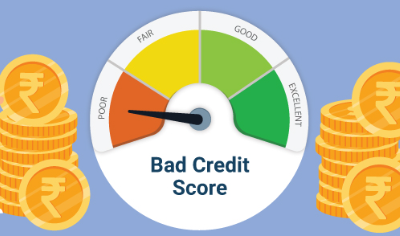The COVID-19 pandemic has had a profound impact on various aspects of our lives, and personal finances are no exception. From job losses to economic uncertainties, many individuals have faced financial challenges. This guide explores the effects of COVID-19 on personal finances and offers strategies for recovery.
1. Job Loss and Income Reduction
Impact:
- Unemployment Rates: Skyrocketed during lockdowns and economic slowdowns.
- Income Reduction: Many individuals experienced reduced work hours or salary cuts.
Recovery Strategies:
- Explore Remote Opportunities: Look for remote work options to expand job possibilities.
- Skill Development: Enhance skills through online courses to make yourself more marketable.
- Emergency Fund: Rebuild or establish an emergency fund to provide a financial safety net.
2. Market Volatility and Investments
Impact:
- Market Fluctuations: Stock markets experienced significant volatility.
- Investment Losses: Many investors saw the value of their portfolios decline.
Recovery Strategies:
- Diversification: Reevaluate and diversify your investment portfolio to spread risk.
- Long-Term Perspective: Focus on long-term goals rather than short-term market fluctuations.
- Consult Financial Advisors: Seek advice from financial professionals to make informed decisions.

3. Increased Debt and Financial Stress
Impact:
- Accumulated Debt: Some individuals took on more debt to cope with financial challenges.
- Stress and Anxiety: Financial uncertainties led to increased stress and anxiety.
Recovery Strategies:
- Debt Repayment Plan: Develop a structured plan to pay down accumulated debt.
- Financial Counseling: Seek guidance from financial counselors to manage stress.
- Budgeting: Create and adhere to a realistic budget to control spending.
4. Shifts in Spending Patterns
Impact:
- Changed Consumer Behavior: Spending patterns shifted due to economic uncertainties.
- Prioritization of Essentials: Focus on essential expenses, cutting down on non-essential spending.
Recovery Strategies:
- Review and Adjust Budget: Assess and adjust your budget based on current financial priorities.
- Emergency Savings: Prioritize building or replenishing emergency savings for future uncertainties.
- Smart Spending: Make informed and intentional spending decisions, distinguishing between wants and needs.
5. Remote Work and Lifestyle Adjustments
Impact:
- Increased Remote Work: A surge in remote work opportunities and changing work dynamics.
- Lifestyle Adjustments: Individuals reconsidered their lifestyles and spending habits.
Recovery Strategies:
- Adapt to Remote Work: Embrace remote work opportunities and adapt to virtual collaboration.
- Flexible Work Arrangements: Negotiate flexible work arrangements that suit your lifestyle.
- Financial Planning for Lifestyle Changes: Adjust your financial plan to align with lifestyle changes.
Conclusion
The COVID-19 pandemic has reshaped the financial landscape for many individuals, prompting the need for resilience and adaptability. By understanding the impact on personal finances and implementing strategic recovery measures, individuals can navigate the challenges, rebuild financial stability, and prepare for a more secure future.





